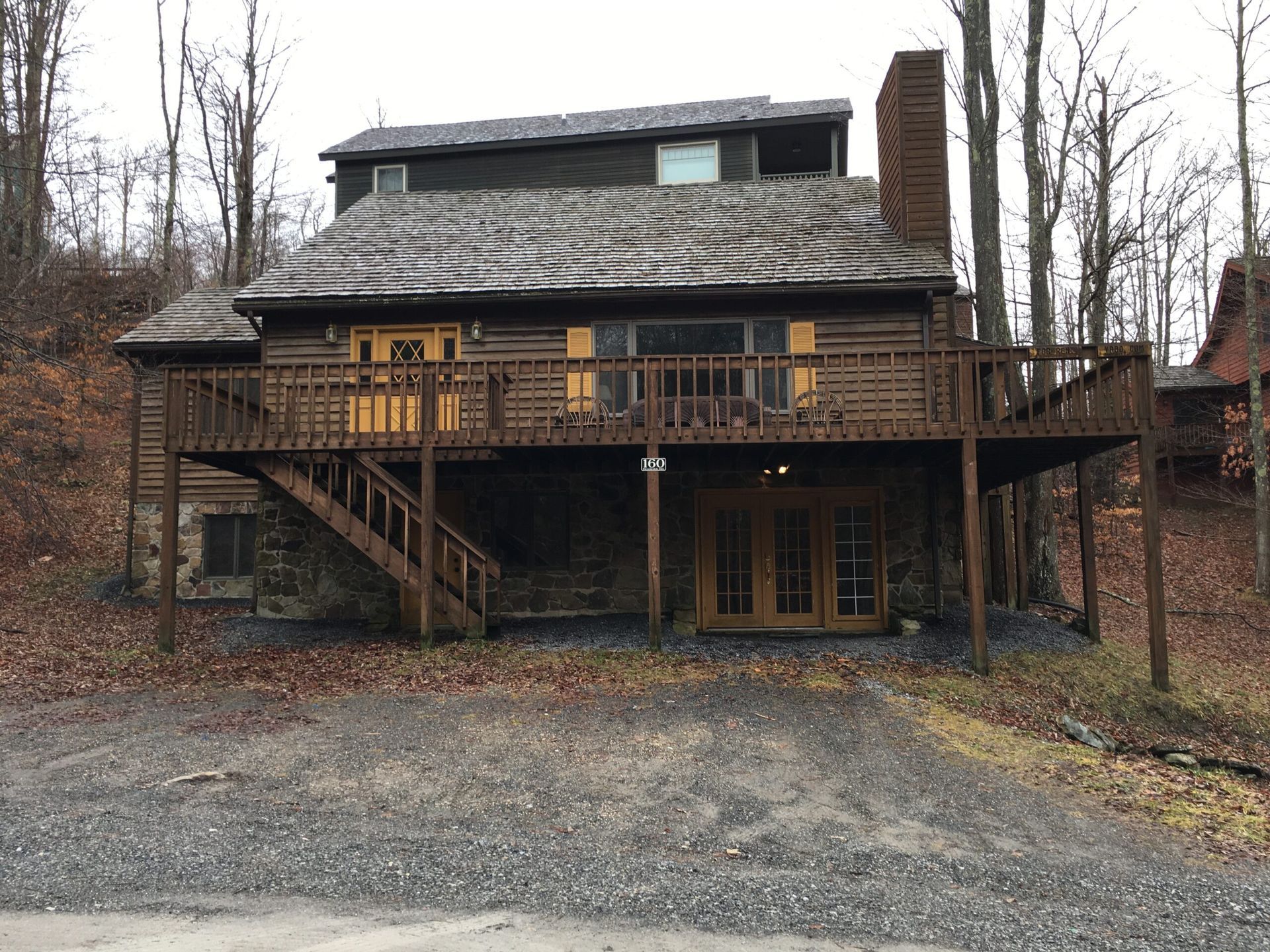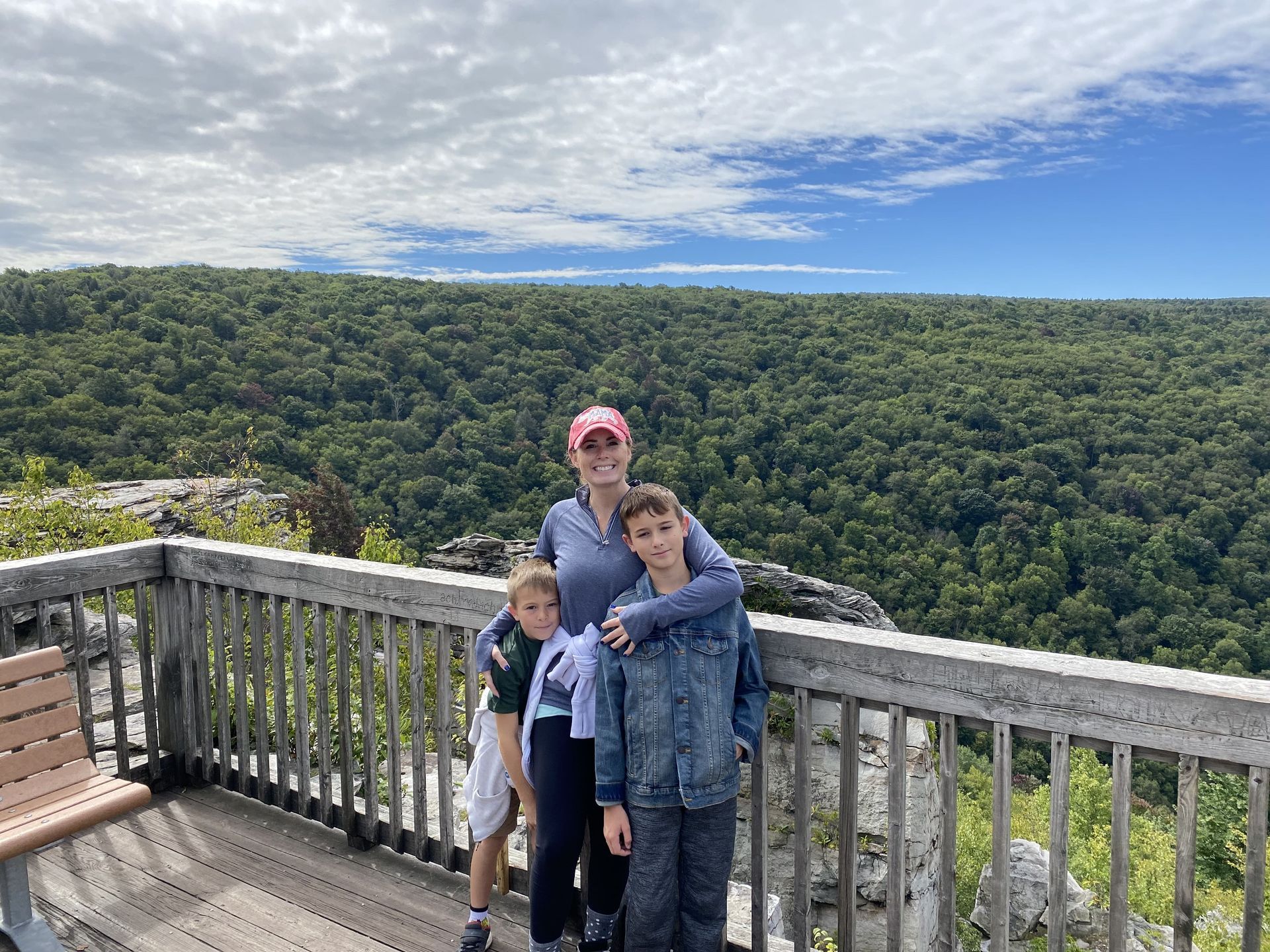Thinking Of Purchasing A Vacation Rental

Thinking about buying a vacation rental? Great idea! It can be an exciting adventure and a smart investment. Here’s a fun guide to help you navigate the journey from dreaming about it to actually owning it!
1. Dive into the Market
Pick the Perfect Spot:
- Hot Destinations: Find places where tourists flock all year round or during peak seasons. Think beaches, ski resorts, national parks, or vibrant cities brimming with history and culture. Popular destinations for 2025 include Orlando, Florida; Gatlinburg, Tennessee; Myrtle Beach, South Carolina; Park City, Utah; and the Outer Banks, North Carolina. Hawaii also remains a strong year-round market.
- Local Gems: Check out the attractions and activities nearby. Are there cool restaurants, parks, and shopping spots that would make your property a hit?
Stay Ahead with Trends:
- Occupancy Rates: Look into how often vacation rentals are booked in your chosen area.
- Rental Rates: Get a feel for the going rates to see how much you can potentially earn.
- Real Estate Trends: Check property values to ensure your investment will grow over time. Unique rentals (like geodesic domes or luxury treehouses) and larger properties with multiple bedrooms are showing strong performance for 2025. Properties with dedicated workspaces and high-speed internet are also in high demand due to remote work.
2. Plan Your Finances
Budget Wisely:
- Down Payment and Mortgage: Figure out what you can afford for the down payment and monthly mortgage.
- Extra Costs: Don’t forget to include property taxes, insurance, maintenance (budget about 1% of the property value annually), utilities (which can cost around $200 per month, even when vacant), and furnishings (typically $9,000-$15,000 for a two-bedroom). Also, consider the cost of consumables like toiletries and cleaning supplies for guests.
Project Your Earnings:
- Rental Income: Estimate how much you can make based on those occupancy rates and rental prices.
- Seasonal Swings: Consider how high and low seasons might impact your income.
Explore Financing:
- Loan Options: Look for mortgage options tailored for investment properties.
- Interest Rates: Shop around for the best interest rates.
3. Know the Rules
Get Legal:
- Zoning Laws: Make sure the property is approved for short-term rentals, as regulations are becoming more structured and widespread in 2025.
- Permits and Licenses: Check if you need any special permits or licenses to rent out your property.
Check HOA Rules:
- Restrictions: If there’s a Homeowner Association (HOA), review their rules on short-term rentals.
4. Manage Like a Pro
Decide on Management:
- DIY Management: If you’re up for handling bookings, guest communication, cleaning, and maintenance, go for it!
- Hire Help: Consider a property management company to take care of everything, though they’ll typically charge 10-30% of your rental income.
Use Tech to Your Advantage:
- Booking Platforms: List your property on Airbnb, Vrbo, Booking.com, and other platforms.
- Automation Tools: Use tools for automated booking, communication, and pricing to make your life easier. Smart home systems and smart locks can also enhance the guest experience and streamline check-in/check-out.
5. Market Like a Boss
Show Off Your Property:
- Pro Photos: Invest in high-quality photos to make your listing pop.
- Killer Descriptions: Write detailed, enticing descriptions highlighting your property’s best features and unique amenities.
- Social Media: Leverage platforms like Instagram and Facebook with attractive visuals and relevant hashtags.
Wow Your Guests:
- Top-Notch Amenities: Provide essentials like Wi-Fi, kitchen supplies, and toiletries, plus fun extras like bikes, beach gear, or local guides. Wellness-focused amenities (yoga spaces, spa-like bathrooms) are also trending.
- Stellar Service: Deliver excellent customer service to earn glowing reviews and repeat guests. Small gestures like a welcome basket or personalized recommendations can make a big difference.
6. Manage Risks
Get Covered:
- Insurance: Get short-term rental insurance to cover specific risks. A standard homeowner's policy may not cover business activities, so dedicated vacation rental insurance is crucial.
- Liability Coverage: Protect yourself from potential guest injuries or damages.
Plan for the Unexpected:
- Emergency Contacts: Have a list of local pros (plumber, electrician, handyman) ready for emergencies.
- Financial Cushion: Keep a reserve fund for unexpected expenses or slow booking periods. It's recommended to have 3-6 months of maintenance and management expenses saved.
With thorough research and careful planning, you can confidently purchase a vacation rental that maximizes your investment and delights your guests. Happy investing!
The post Thinking Of Purchasing A Vacation Rental appeared first on Maggie Gessner.
MAGGIE GESSNER
A dedicated real estate agent in Loudoun County, known for her exceptional customer service and deep knowledge of the local market, helping clients navigate their property journeys with ease and confidence.
Related Articles










